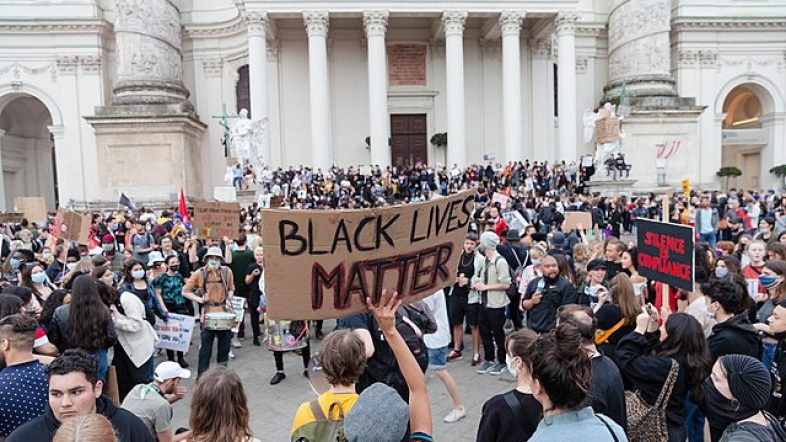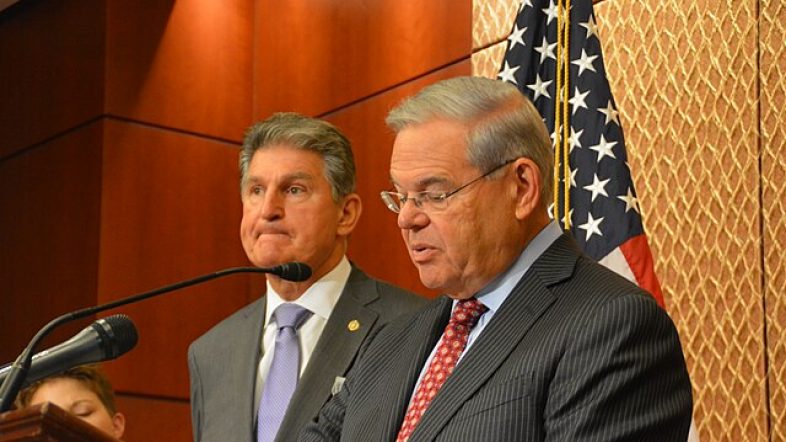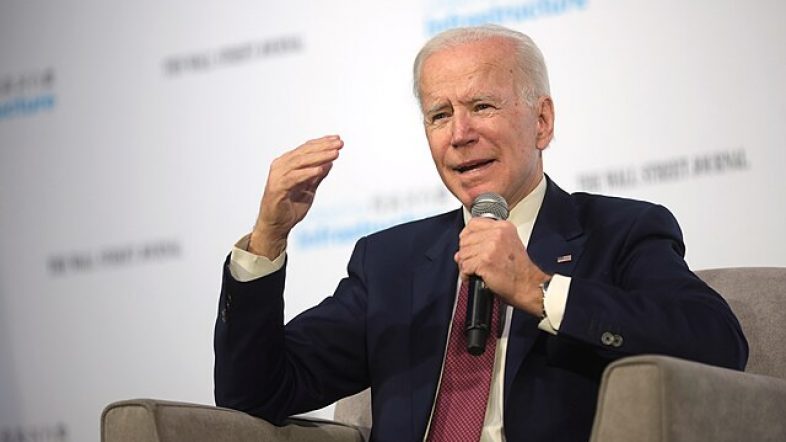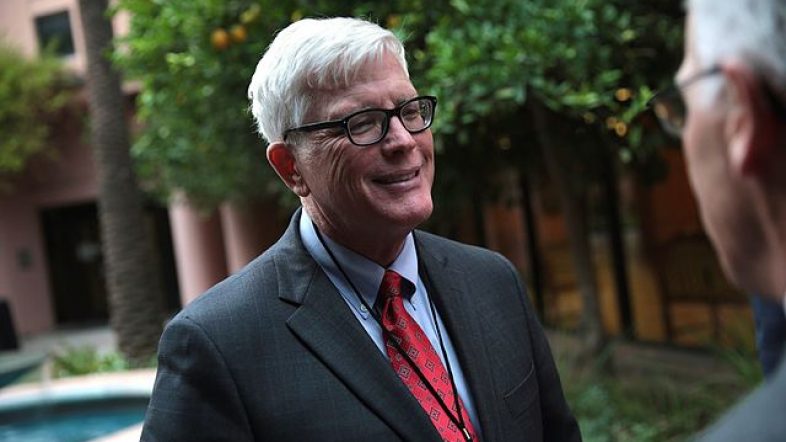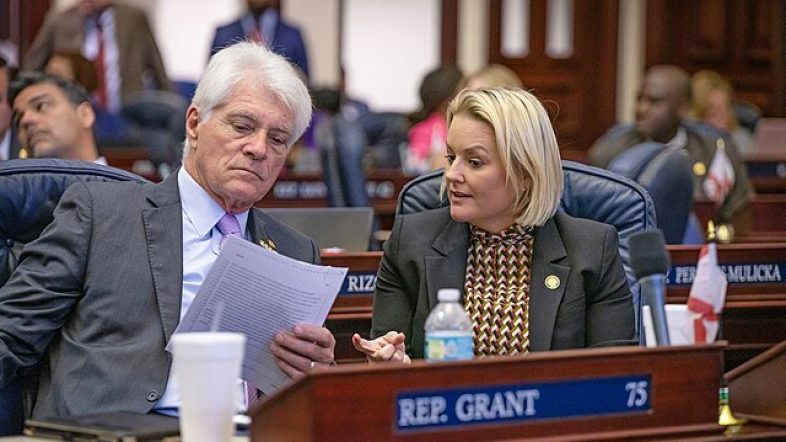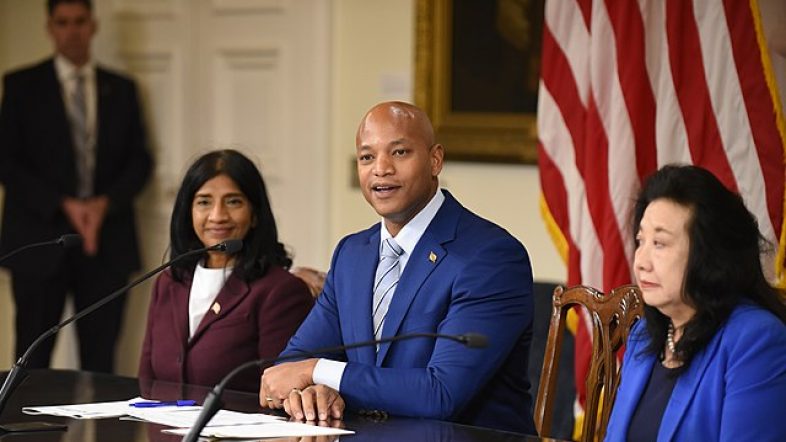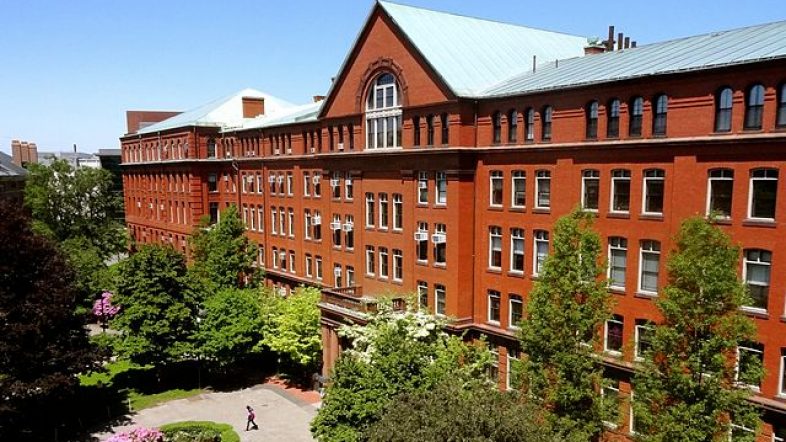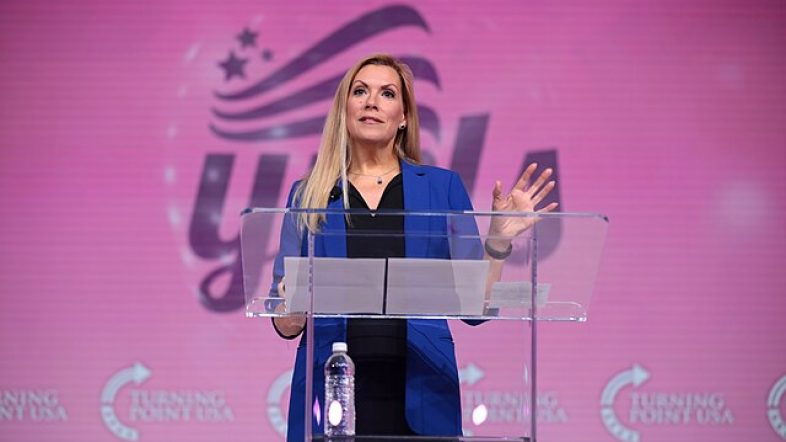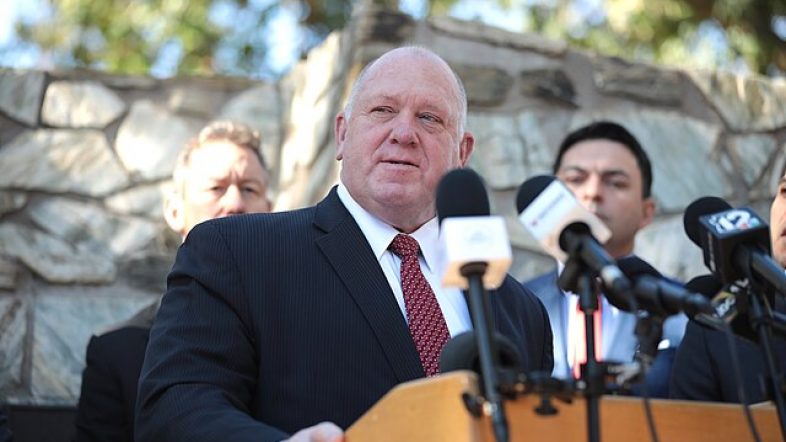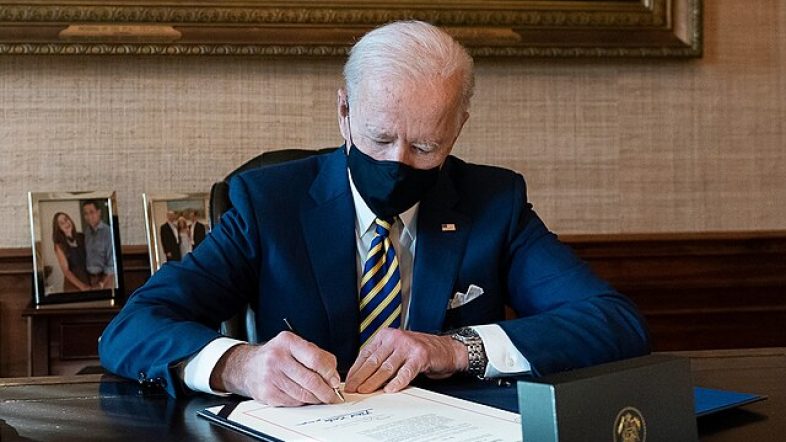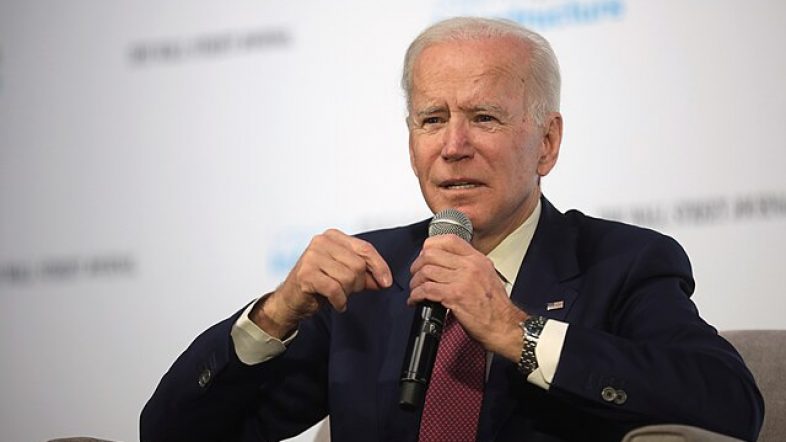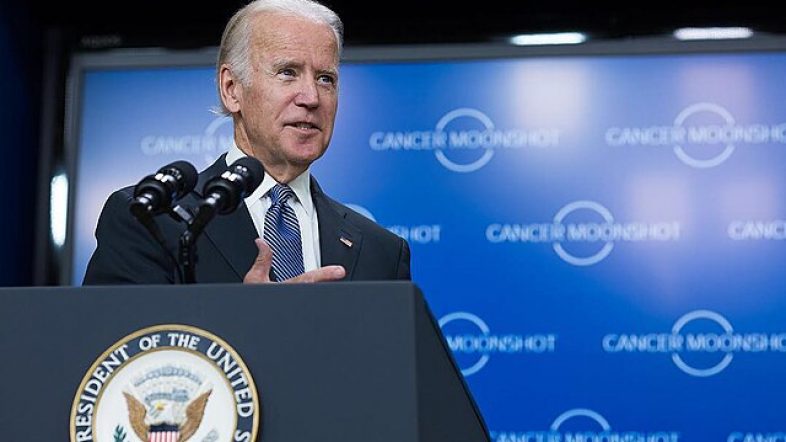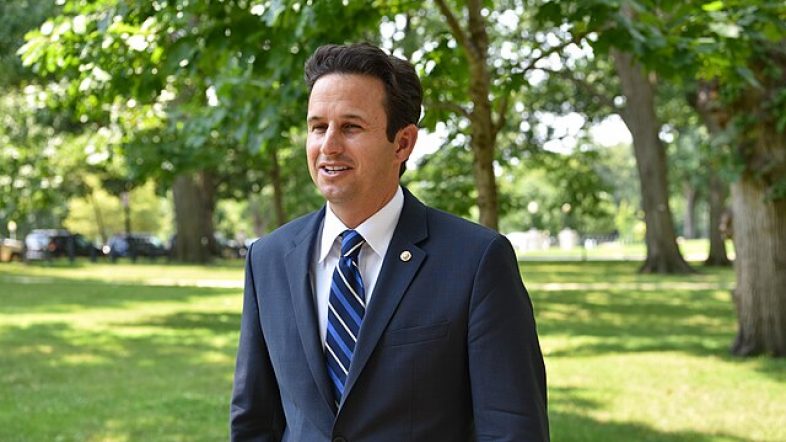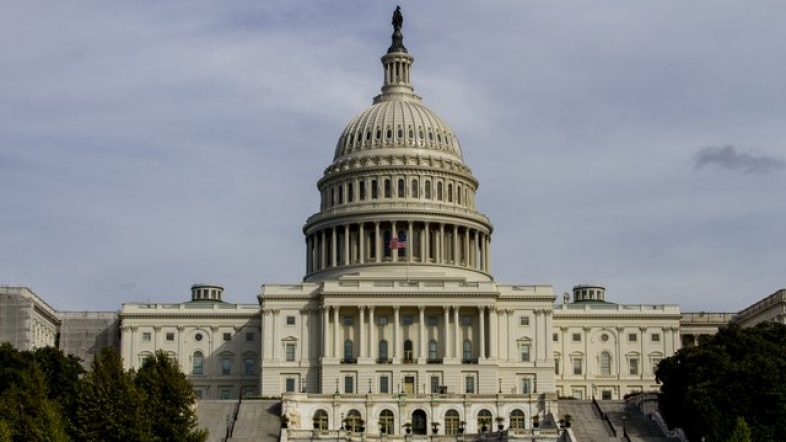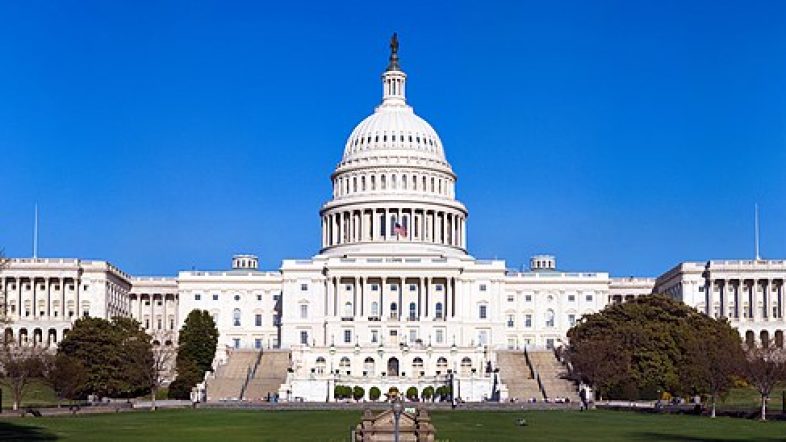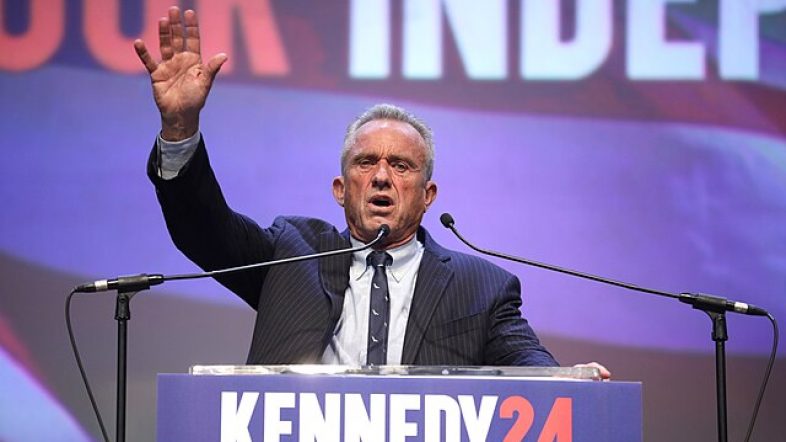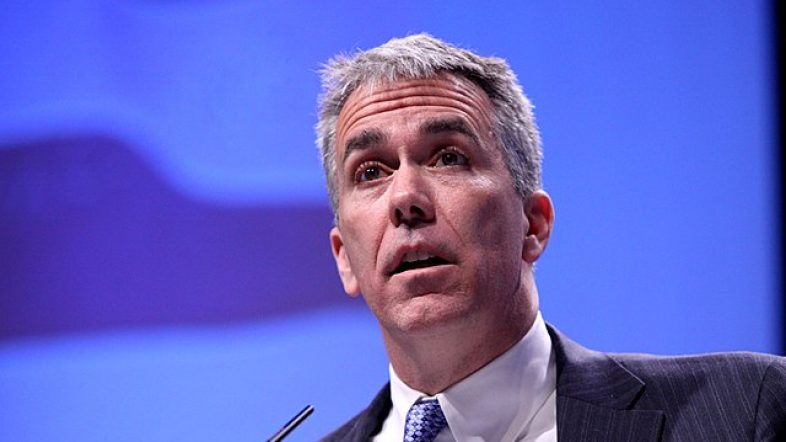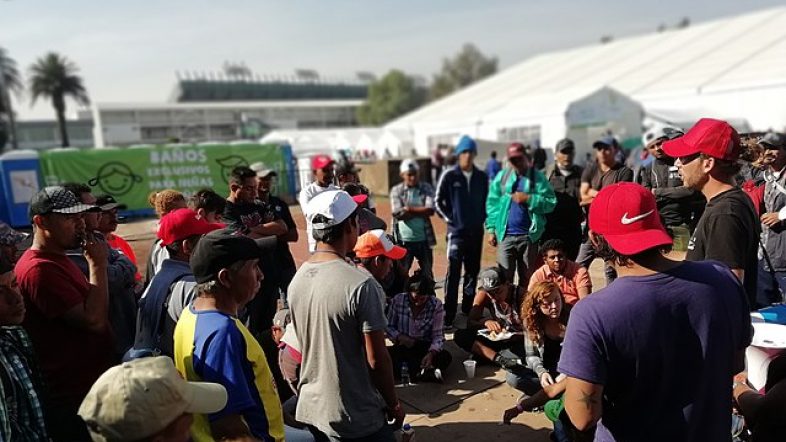A task force charged with studying anti-black racism and developing a reparations payment plan says it needs millions of dollars and two more years to finish its job, according to KQED.
The Alameda County Reparations Commission was formed in 2023 with a budget of $51,000 to determine how the Bay Area county can pay out reparations to black Americans harmed by the legacy of slavery, KQED reported. Behind schedule and claiming to be underfunded, the commission is now asking for $5 million in funding, an additional two years to complete its work and dedicated staff to help with its mission.
“$5 million and two years to research [reparations] is stupid and a grift,” local pro-reparations activist Seneca Scott said, according to the Washington Free Beacon.
California’s eagerness for reparations programs has faded in recent months, with San Francisco sidelining a similar plan to compensate black residents for the purported harms of slavery and opting to issue an official apology to African-Americans on behalf of the city. California’s state legislature isn’t even considering cash transfers to African Americans, instead mulling proposals like subsidized property taxes and expedited business licenses for blacks, according to the Free Beacon.
Alameda County’s reparations committee was supposed to have completed its work by July, according to KQED. The committee, however, has been sluggish since its inception, with the county establishing it in March 2023 and it only having its first meeting in November of that year, Oakland North reported.
The reparations committee’s demands for a budget almost 100 times larger than what it was originally allocated comes as Alameda County deals with a large budgetary shortfall, facing a deficit of anywhere between $70 million to $100 million this year, according to President of the Alameda County Board of Supervisors Nate Miley. “I think $5 million is a hefty amount of funding,” Miley said, according to KQED.
Despite the financial squeeze in Alameda County, Debra Gore-Mann, a member of the reparations committee, argues that the additional funding is necessary to maintain the alleged progress the body has made, KQED reported. “Without a sense of what resources might be available, it’s hard to keep commissioners engaged,” Gore-Mann said.


